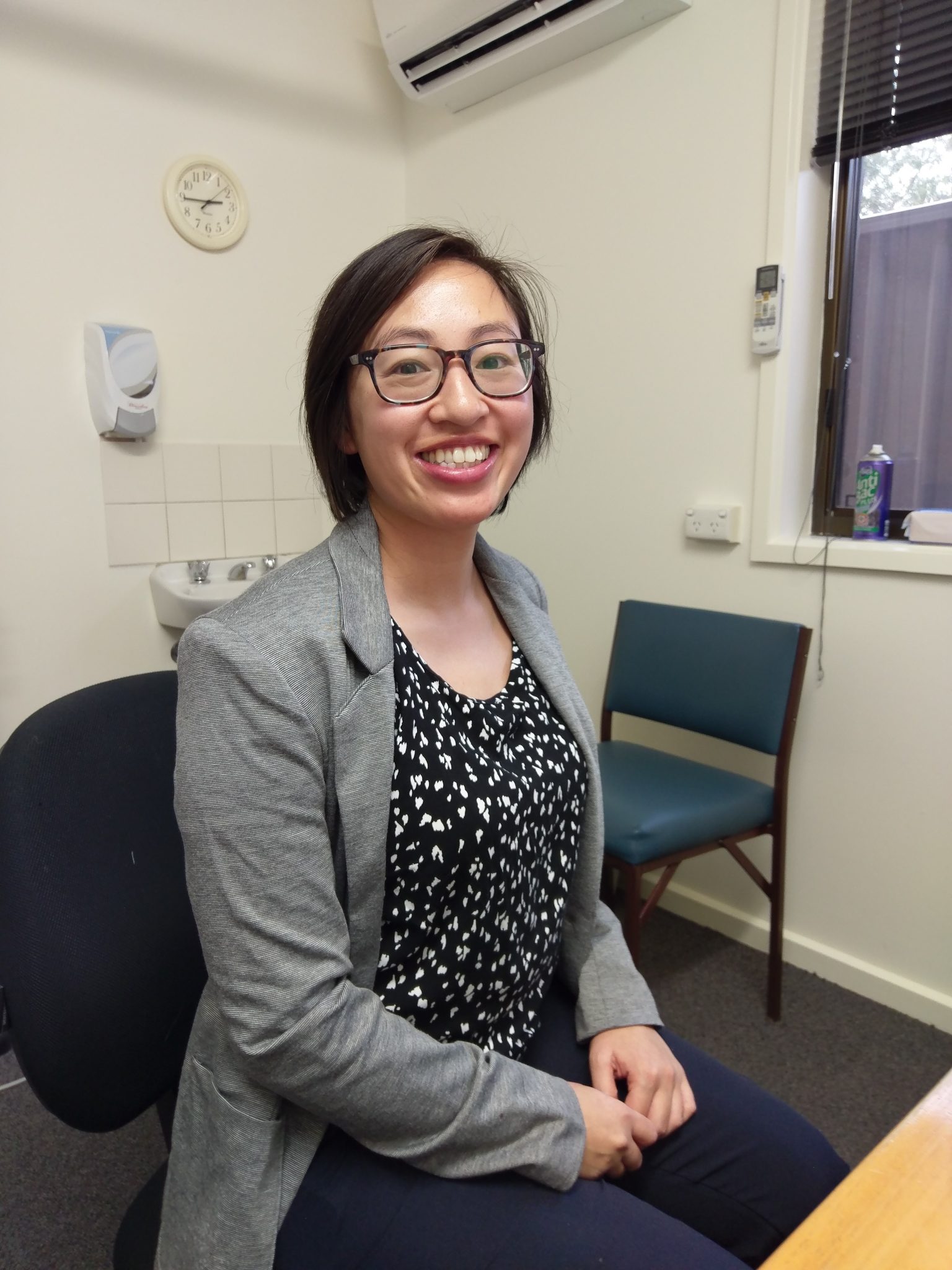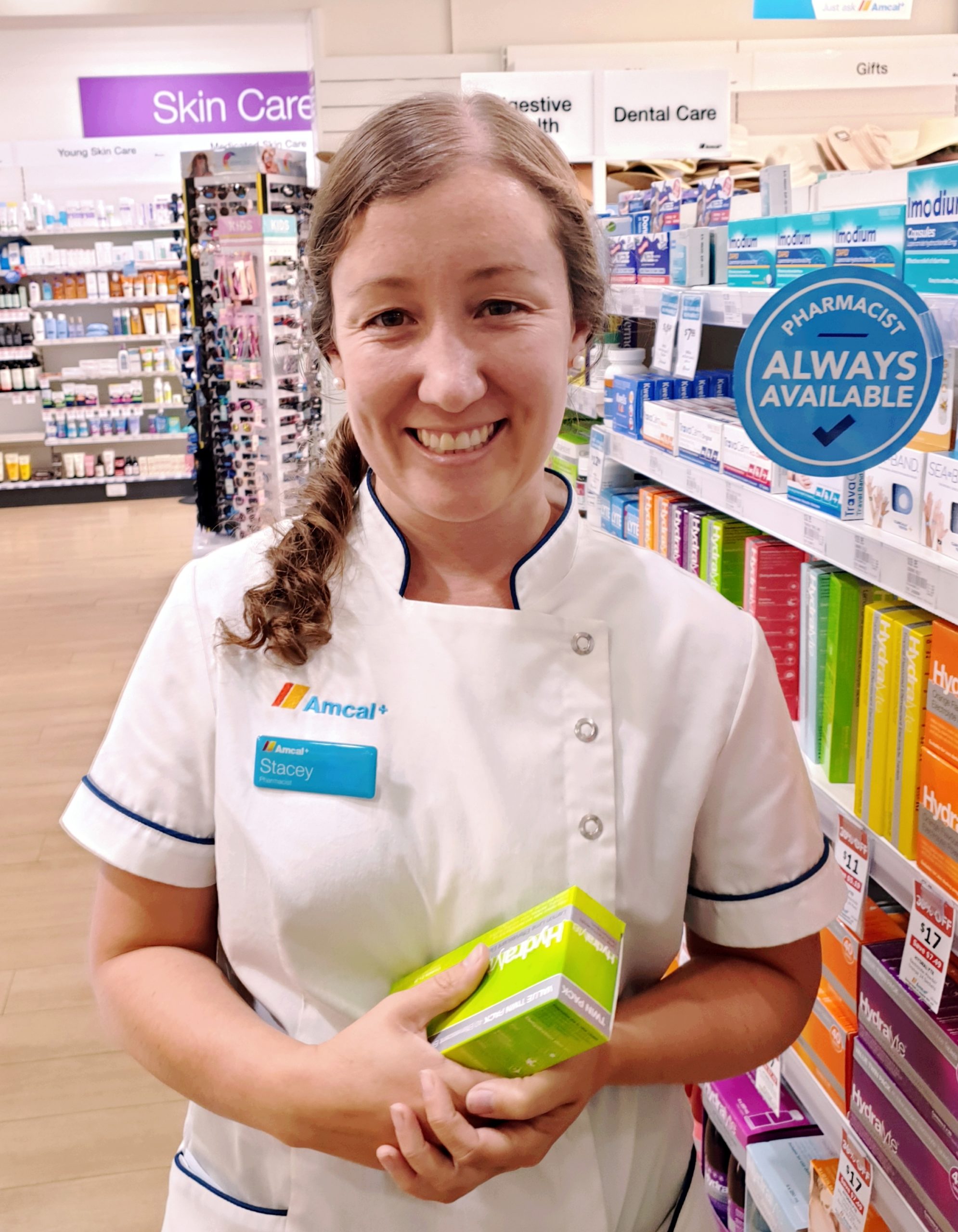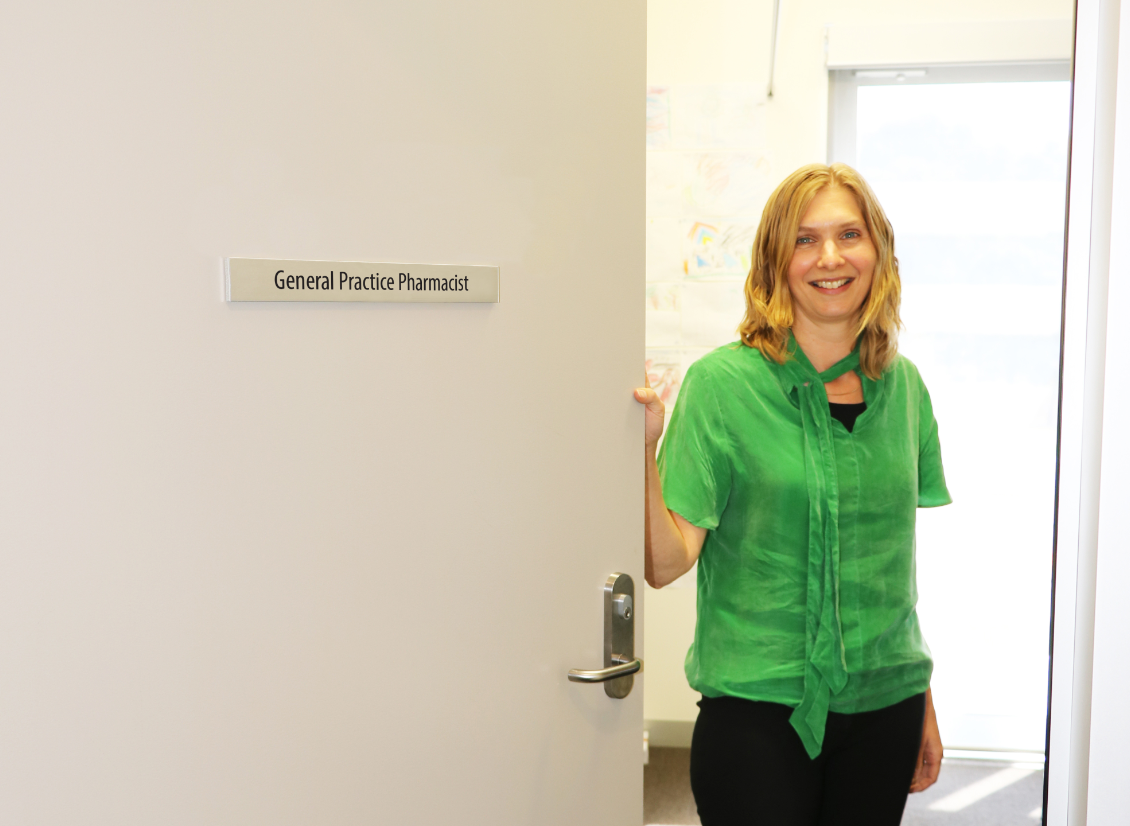Leading SA and NT pharmacists honoured
Respected Northern Territory pharmacist Shelley Forester has received the SA/NT Pharmacist of the Year Award at the Annual Celebration of Excellence in Pharmacy hosted by the Pharmaceutical Society of Australia (PSA).
SA Minister for Health and Wellbeing, the Hon Stephen Wade MLC presented the award to Ms Forester at the Adelaide Pavilion on Friday night.
Dr Renly Lim from South Australia won the SA/NT Early Career Pharmacist Development Award and Raymond Truong was presented with the 2019 PSA Gold Medal.
PSA SA/NT President Robyn Johns congratulated Ms Forester and commended her significant contribution in the establishment and operation of the Maningrida Pharmacy service with Mala’la Health Service in 2014.
“This service was a pioneer of how a community pharmacy and an ACCHO can collaborate to improve the access to a pharmacist for remote Aboriginal and Torres Strait Islander people,” said Ms Johns.
“Shelley has been a longtime supporter of the NT Pharmacy Program and is a critical supporter of local PSA initiatives including the Early Career Pharmacist and My Health Record.”
“Not only is Shelley a terrific mentor for early career pharmacists but she has also shown a commitment in hiring NT interns and is a worthy recipient for the SA/NT Pharmacist of the Year award in recognition of her tireless dedication to NT Pharmacy.”
President elect of the Young Pharmacists’ Group FIP Dr Renly Lim received the SA/NT Early Career Pharmacist Development Award.
“Dr Lim is an outstanding early career research pharmacist who is significantly contributing to the development of the pharmacy profession nationally and internationally,” said Ms Johns.
“Not only is Dr Lim an existing leader for young pharmacists internationally, she was also lead author of PSA’s Medicine Safety report, providing the evidence which led to quality use of medicines and medicine safety becoming Australia’s 10th national health priority.”
Ms Johns also congratulated PSA Gold Medal winner Raymond Truong, who completed the Bachelor of Pharmacy degree at the University of South Australia in 2019.
“Raymond is entering his intern year and is a well-deserved winner of the 2019 PSA Gold Medal Award.”
Media contact: Helen Stone 0418846426




